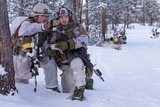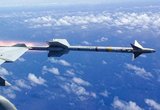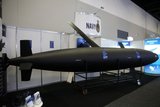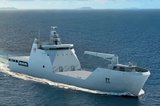Bangladesh Coast Guard receives four patrol vessels
Bangladeshi shipbuilder Dockyard & Engineering Works (DEW) in Narayanganj has delivered four large patrol vessels to the Bangladesh Coast Guard (BCG). The handover ceremony took place on 1 August at the shipyard owned by the Bangladesh Navy.
On the same day, the shipyard marked the keel laying of six high-speed boats also for the BCG.
Two patrol vessels – CGS Sonadia (P103) and Kutubdia (P104) are 43.4m fast patrol boats (FPB) – and two – CGS Shobuj Bangla (P202) and Shamol Bangla (P203) are 51.4m inshore patrol vessels (IPV).
These were all built to China Classification Society standards with technical
Already have an account? Log in
Want to keep reading this article?
More from Naval Warfare
-
![US Navy SPY-6 approaches FRP with Raytheon already having “a hot production line”]()
US Navy SPY-6 approaches FRP with Raytheon already having “a hot production line”
Jen Gauthier, Raytheon’s VP of Naval Systems and Sustainment, told Shephard that the company is awaiting the US Navy’s green light to move “fully into full-rate production”.
-
![How the Golden Fleet will change the US Navy acquisition process]()
How the Golden Fleet will change the US Navy acquisition process
The procurement of the future USN Golden Fleet is planned to be less bureaucratic than previous strategies, involving AI-enabled designs and scheduling tools to increase productivity and avoid delays.
-
![What capabilities are being tested under AUKUS Pillar II?]()
What capabilities are being tested under AUKUS Pillar II?
Collaboration on AUKUS Pillar II extends beyond the core trilateral agreement, presenting global opportunities for companies with advanced technologies.
-
![Australia signs US$2.8 billion ship deal with Austal but puts pressure on company to deliver]()
Australia signs US$2.8 billion ship deal with Austal but puts pressure on company to deliver
The A$4 billion Landing Craft Heavy contract for Austal follows on from a A$1 billion deal in December for Landing Craft Medium ships, but the Australian government has made it clear that a contract for Mogami frigates is reliant on the success of these two contracts.





















